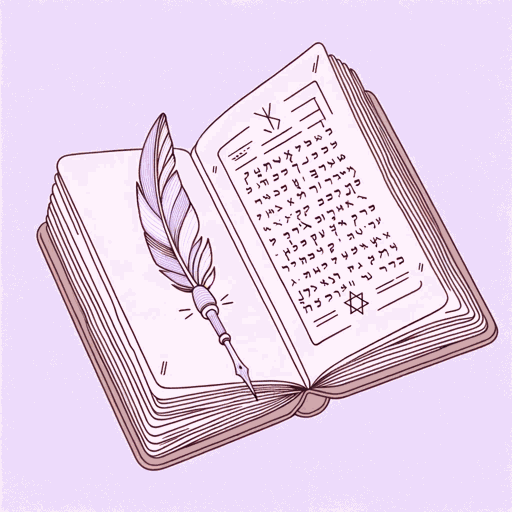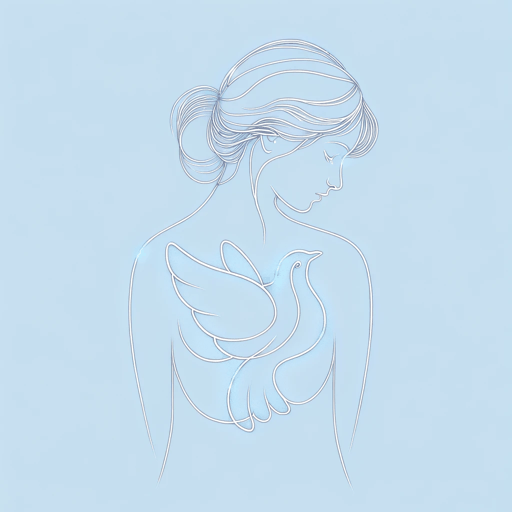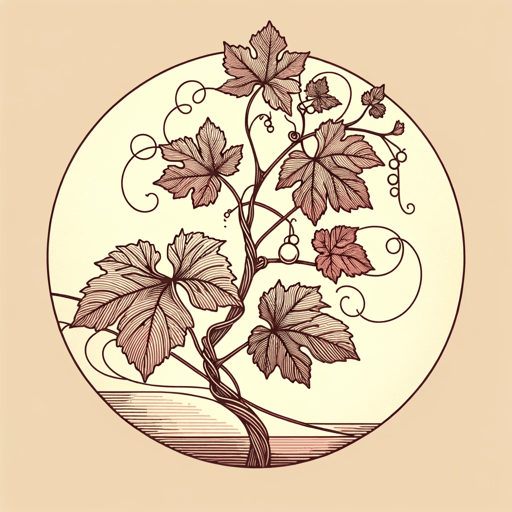49 pages • 1 hour read
Kristin HarmelThe Paris Daughter
Fiction | Novel | Adult | Published in 2023A modern alternative to SparkNotes and CliffsNotes, SuperSummary offers high-quality Study Guides with detailed chapter summaries and analysis of major themes, characters, and more.
Summary and Study Guide
Overview
The Paris Daughter (2022) is a historical fiction novel written by American author Kristin Harmel and set primarily during the Second World War (WWII). The narrative follows the artist Elise LeClair and her friend Juliette Foulon as they each struggle to protect their families through the Nazi occupation of Paris and to come to terms with the tragedy and trauma of loss. The novel consists of 37 chapters split into three parts and explores themes of Mothers, Daughters, and Maternal Responsibility and Identity, The Role of Art in Fate and Identity, and Trauma and Its Impact on Memory.
The Paris Daughter is Harmel’s 15th book. Other well-known novels written by Harmel include The Forest of Vanishing Stars (2021), The Sweetness of Forgetting (2012), and The Book of Lost Names (2020). Though an American novelists, Harmel has lived in Europe, and this setting has influenced much of her work. She has been a finalist for both the National Jewish Book Award and a Goodreads Choice Award.
This guide uses the Simon and Schuster e-book edition of the 2022 Gallery Books publication.
Content Warning: This book deals with themes related to the Nazi occupation of Paris during WWII, child loss, the Holocaust, war and its traumatic effects, concentration camps, extermination camps, antisemitism, intense racism, sexism, and genocide. It offers a depiction of WWII Paris that is sometimes inaccurate and glazes over issues of genocide, fascism, and antisemitism.
Plot Summary
The novel begins in September 1939, on the day Germany invaded Poland and sparked the beginning of WWII. Elise LeClair, heavily pregnant and sketching in a Parisian park, is overcome with pain in her abdomen. Juliette Foulon, also pregnant and the mother of two young children, helps Elise back to Juliette’s home to seek medical attention. Elise is ultimately fine, and a fast friendship blossoms between Elise and Juliette. Both women are American-born and married to French men; Juliette and her husband, Paul, run an English language bookshop called La Librairie des Rêves, while Elise and her husband, Olivier, are both artists. Elise specializes in sculpting wood, and Olivier is a famous and successful painter.
Elise continues to visit Juliette in her bookshop and meets Juliette’s friend Ruth Levy, a Jewish widow who immigrated from Germany with her two children, George and Suzanne. Juliette gives birth to a girl she names Lucie. This is her second daughter after Antoinette, who died in infancy, and her fourth child after sons Claude and Alphonse. Elise gives birth to a daughter she names Mathilde. Olivier is initially disappointed not to have a son, but he soon comes to dote on Mathilde, although this does not keep him from becoming involved in communist politics, which Elise fears might endanger the whole family. Lucie and Mathilde become as close as sisters as they grow, and Elise continually carves sculptures inspired by Mathilde and of Mathilde herself.
Germany invades France, occupying Paris, and Olivier begins working with the French Resistance. Elise and Mathilde frequently take solace in the mural Elise painted in her studio, depicting the woods at night. As the Nazis begin persecuting the Jewish people of Paris, Ruth sends her children into hiding and flees the city. Olivier disappears one day, and the gallery owner, Constance Bouet, informs Elise that her husband was arrested and killed. Olivier secretly prepared false papers so Elise could flee Paris, while Mathilde remains safely hidden with the Foulons. Elise finds shelter in the small town of Aurignon, where she helps to take care of Jewish children smuggled through the town. Meanwhile, Juliette begins encouraging Mathilde to forget her mother and to consider herself a part of the Foulon family.
La Librairie des Rêves is bombed by Allied planes targeting a nearby factory, and the entire Foulon family is killed save for Juliette and Mathilde. Juliette, badly injured and stricken with grief, believes the surviving girl to be Lucie. After the Liberation of Paris, Juliette returns to America with “Lucie” and pushes the girl to forget ever being Mathilde. Elise returns to Paris to find the bookshop destroyed and her daughter supposedly dead. Bouet left for America, but his associate helps Elise return to her apartment and find work as a sculptor. Despite her grief, Elise cares for George and Suzanne Levy until their mother’s return. Ruth barely survived internment in a concentration camp and lives two years with Elise before moving to America with her children for a fresh start, while Elise remains in Paris.
Juliette remarries a wealthy widower and recreates an exact replica of La Librairie des Rêves in New York. She is unable and unwilling to move on from the past and continues to converse with her dead family, whose voices she still hears. She hates Elise for abandoning Mathilde and blames her presence for the loss of her family, and she resents “Lucie” for growing up and displaying traits that hint at her real identity. Seventeen years after the war’s end, Ruth discovers La Librairie des Rêves by chance and pressures the reluctant Juliette into contacting Elise. Upon receiving her letter, Elise travels to New York to meet Juliette and “Lucie.” She meets with Juliette, who berates her for abandoning Mathilde and cruelly blames her for the loss of both their children. Stricken, Elise retreats to the Levy household where she is consoled by the grown Suzanne.
Despite Juliette’s wishes, the adult “Lucie” has a boyfriend named Tommy and is a passionate artist. Jack Fitzgerald owns a nearby gallery funded by Bouet, and he lets “Lucie” paint in one of the attached studios. “Lucie” decorates her studio with a mural of the woods at night and paints her cloudy memories of Paris, which become clearer the more she tries to capture them. While in New York, Elise discovers Bouet stole many of her sculptures during the war and sells them for exorbitant prices, falsely attributed to a nonexistent, but now very famous, artist. She confronts him, and he admits his wrongdoing before fleeing. Fitzgerald, who knew nothing of Bouet’s crimes, is determined to make amends. When Elise sees some of “Lucie’s” artwork in his studio, recognizes the scenes of Paris, and explains her connection to the girl, he takes her to meet “Lucie.”
Juliette also rushes to find “Lucie,” rightly fearing Elise would try to meet with her. They converge at Tommy’s workplace, but before any confrontation can unfold, they are all caught up in the catastrophic crash landing of a passenger plane. At the moment of impact, “Lucie” suddenly remembers her true identity as Mathilde. “Lucie” is lost beneath the rubble, but a glimpse of her was enough for Elise to recognize her, and when “Lucie” emerges she reunites with her mother in the decorated studio with its words, “Under these stars, fate will guide you home” (1, 9, 59). Juliette is fatally injured in the crash, and after coming to terms with her wrongdoings and receiving absolution from Elise, she follows a vision of the original Lucie into the light where her family is waiting.
Related Titles
By Kristin Harmel





